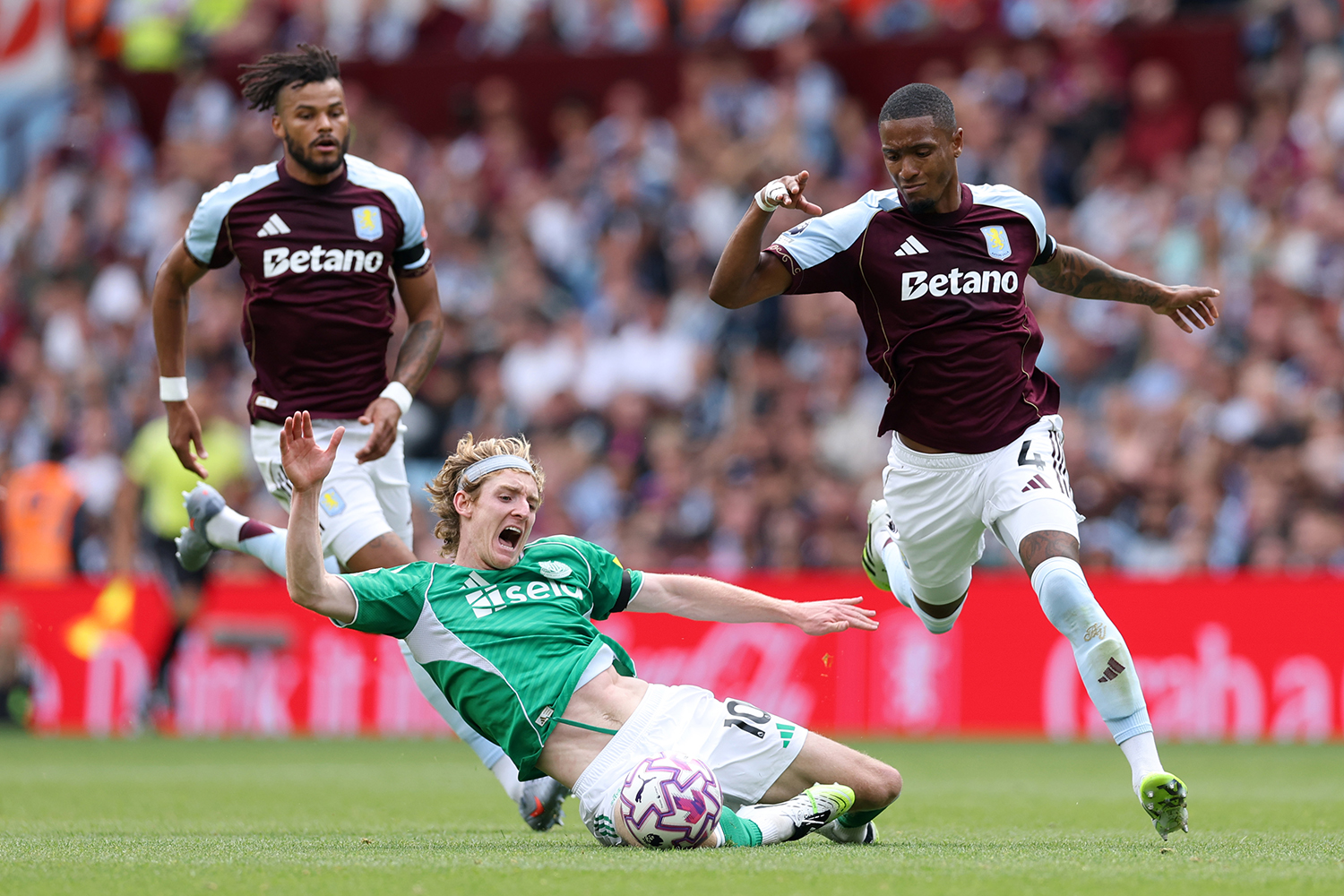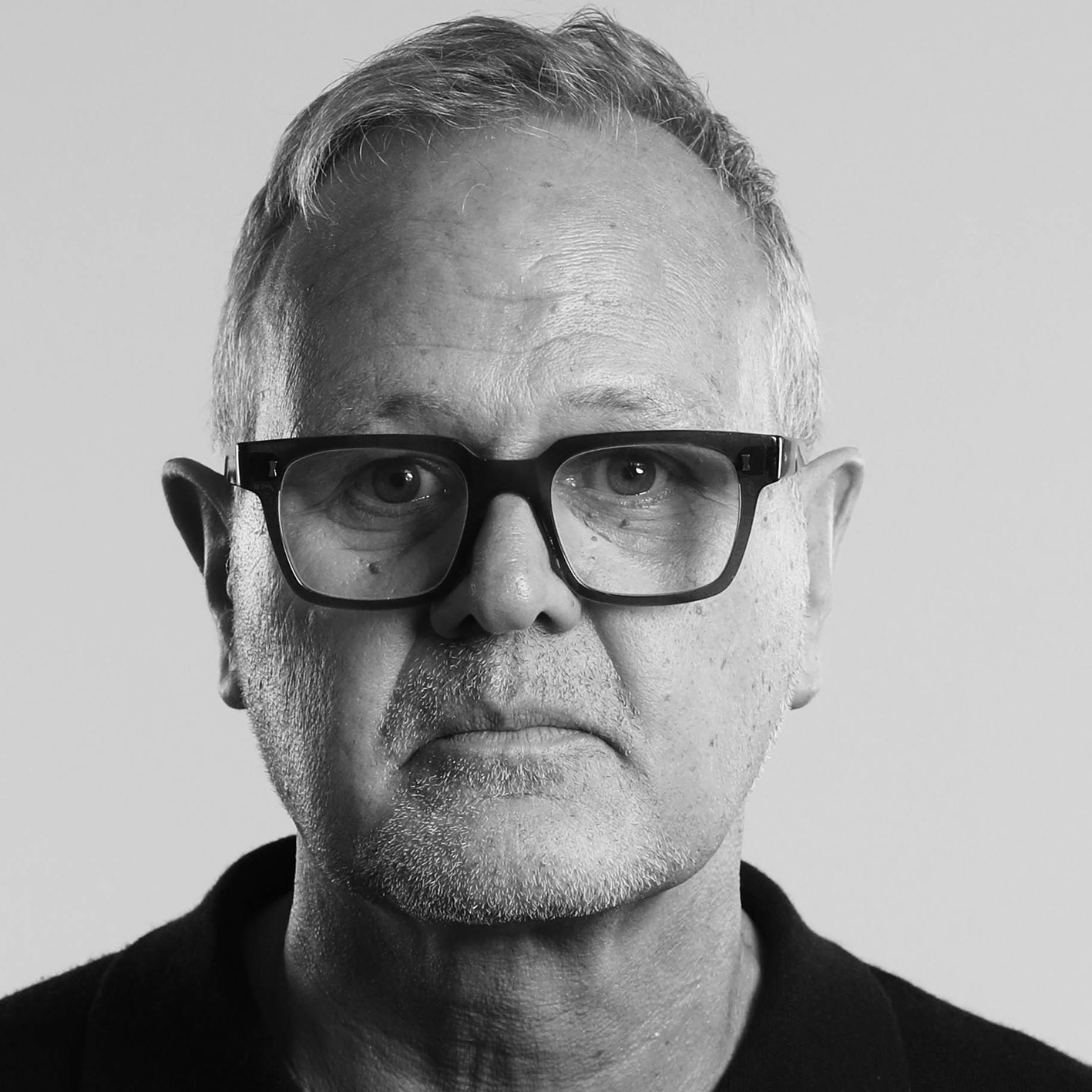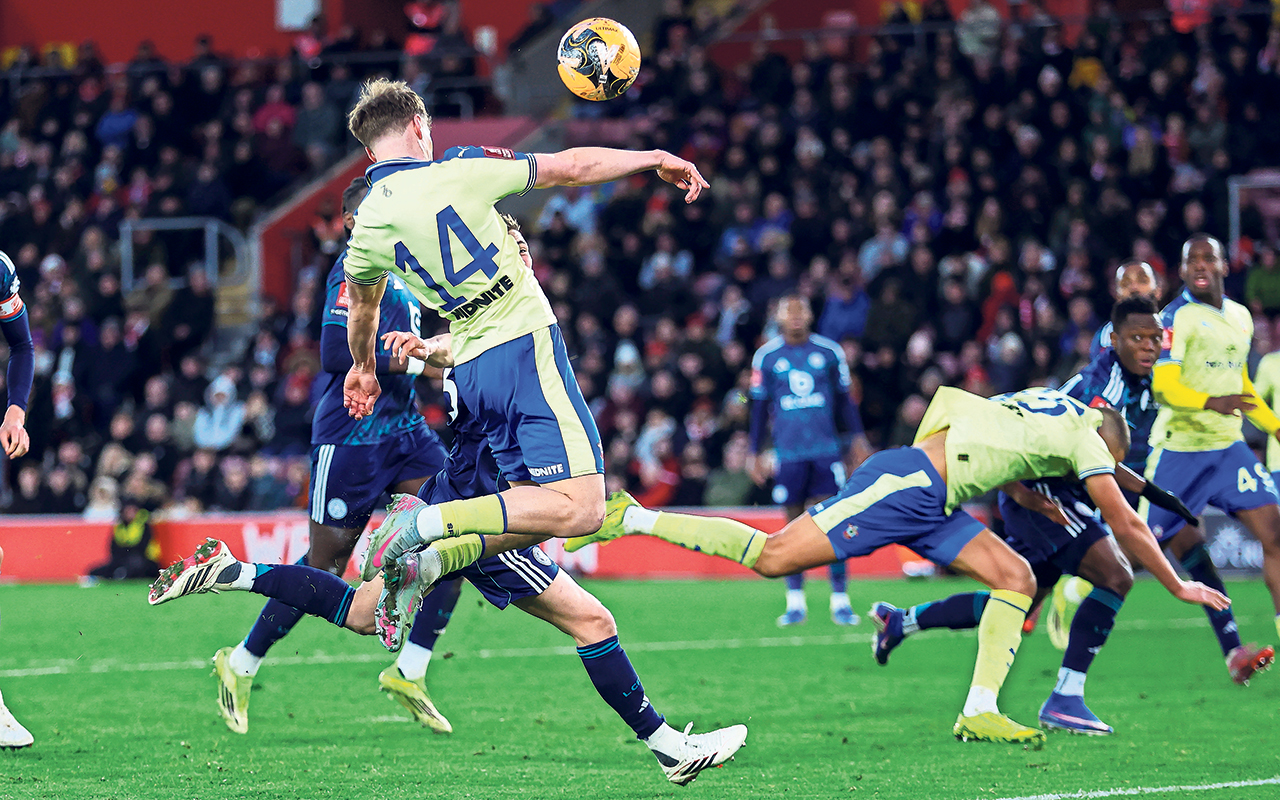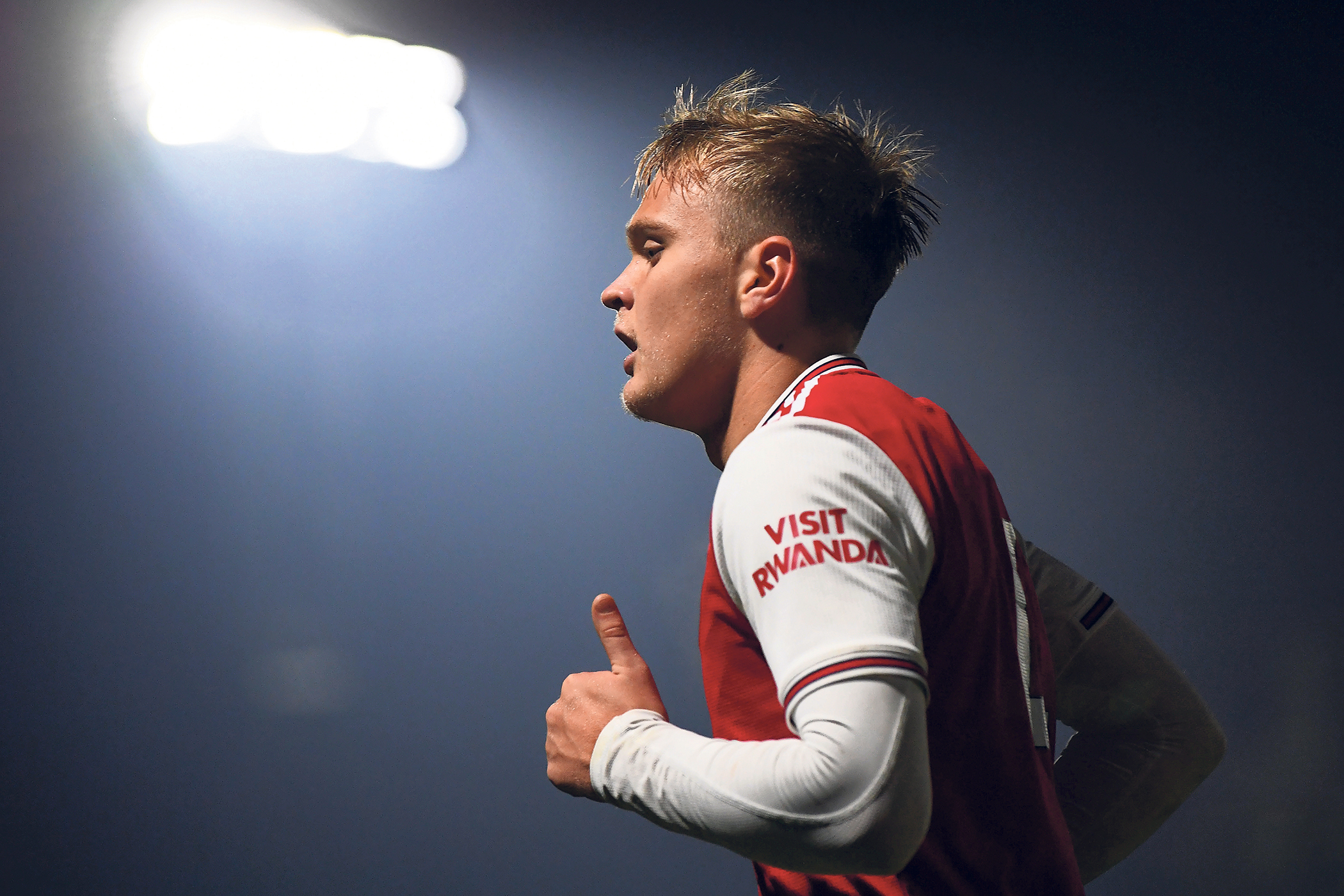Now is the summer of our discontent, with even the world’s richest club unable to force its best player back to work. Alexander Isak, the striking striker, withdrew his labour, so Newcastle had to manage without him in a goalless draw at Aston Villa that ended with fans singing: “One greedy bastard, there’s only one greedy bastard.”
With 110 players starting Premier League games on day two of the new season, the focus was on one not playing football: the man who wasn’t there. In his place stood Anthony Gordon, a wide attacker, asked to play as a “false nine” or pretend centre-forward.
Newcastle fans could still need to amend that rude chant. “The door is well and truly open. We would like a resolution,” the Newcastle manager Eddie Howe said after the game. Howe also insisted: “There was no sign of any psychological weakness in our performance.”
Isak could be called the boldest of all “wantaway strikers”, as newspapers like to call them. His adversary is not some Tyneside building magnate but Saudi Arabia’s Public Investment Fund – the nation’s sovereign wealth, worth $913bn. Among its “gigaprojects” is the $500bn Neom development – “a planned city” for “dreamers and doers.”
Isak “dreams” of a move to Liverpool but can’t “do” it unless Liverpool meet his reported valuation of £150m and Newcastle relent. A quick search of “Neom” and “Saudi Arabia’s PIF” by his agent might temper his expectations of forcing Newcastle to release his client below the market rate.
As if to reinforce the point Newcastle ran out at Villa Park dressed like Saudi Arabia, in their now familiar green and white second kit. We’ve become inured to those colours now, but on a day when Isak exposed himself to a possible club fine for not clocking on, the Saudi livery felt like a warning to him.
Unless Isak’s agent Vlado Lemić has made a different calculation: that Saudi Arabia has lost interest in Newcastle, calculating instead that owning just one club makes less sense than owning the whole sport.
The billions poured into Saudi Arabia’s domestic league, Fifa’s Club World Cup and the 2034 World Cup is the backdrop to Newcastle possibly ending up with the wooden spoon in this summer’s trading cycle. According to The Athletic’s “hope-ometer” of Premier League fans, Newcastle were bottom, with 81% of their supporters “pessimistic” about this campaign.
Anxiety stems from the club’s doomed interest in Benjamin Sesko, Hugo Ekitike, João Pedro, James Trafford. Dean Huijsen, Bryan Mbeumo and Liam Delap.
Analysts like to say Newcastle “lost” this transfer window but there has been the odd success, such as Anthony Elanga, Aaron Ramsdale, the £35m AC Milan defender Malick Thiaw and Villa’s Jacob Ramsey.
Newsletters
Choose the newsletters you want to receive
View more
For information about how The Observer protects your data, read our Privacy Policy
Ominous conclusions have been drawn though from the Saudi PIF’s slowness in replacing chief executive Darren Eales and sporting director Paul Mitchell. Does bureaucratic delay or creeping apathy explain this corporate paralysis?
So long is Isak’s shadow that people forget Newcastle won the Carabao Cup last season (their first domestic trophy for 70 years) and qualified for the Champions League. They have an accomplished manager in Eddie Howe, whose handling of the Isak impasse has been sensible. He has nothing to gain from being indignant about Isak downing tools. If will be Howe’s job not only to reintegrate him but persuade the rest of the squad to accept him.
In other words – don’t catastrophize, and close no doors. But as Howe woke, the team-sheet still had to be typed up. The Isak-shaped hole had to be filled.
The first sign that he would be missed came 10 minutes in when Harvey Barnes swung over a cross that Gordon failed to head properly. But the understudy struck the first blow for Newcastle when he sped on to an Elanga pass and caused Villa’s Ezri Konsa to be sent off.
Moments before Gordon’s fluffed header Alan Shearer had said on BBC radio: “The Alexander Isak situation has to have had an effect on the group, that is why there is so much anger with the fans.”
Unai Emery described the summer as “challenging” and called the spending controls “a limitation for the clubs who will never be allowed to dream.”
Fan angst around summer transfers is eternal – but increasingly hysterical. In the new arms race, a club’s very credibility, its dignity almost, is defined by whether it spent more than last year, and “won” the race for this or that player. Many supporters now take as much interest in “recruitment” as they do what happens on the pitch.
Forty players turned up for work at Villa (in the match day squads) but, in a dreadful game, the one who stayed away said most about the modern football industry. At the final whistle, Gordon threw himself on the floor, drained by having to do Isak’s work, like a man finishing game No 50, not game No 1.
Photograph by Michael Steele/Getty Images



